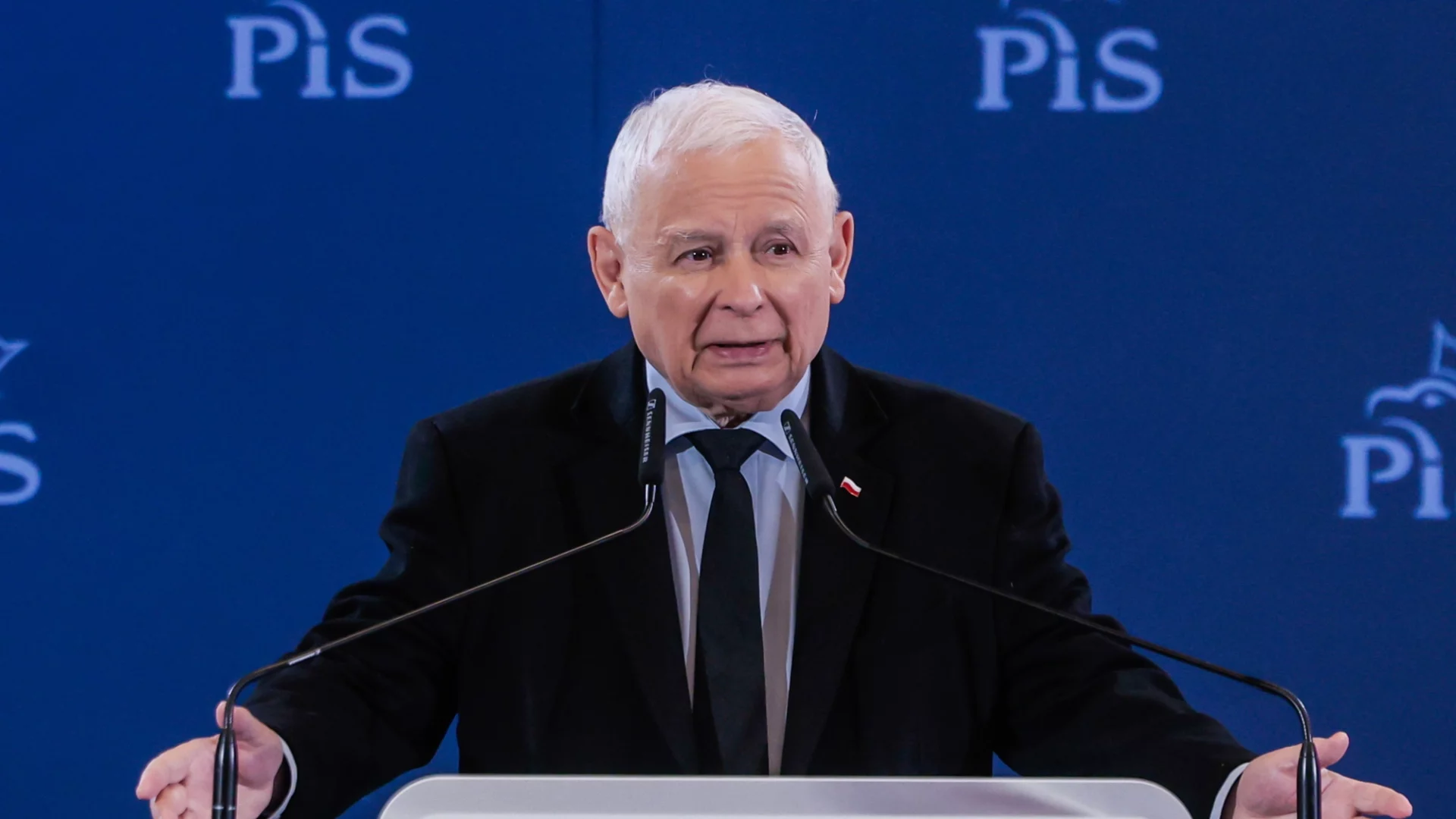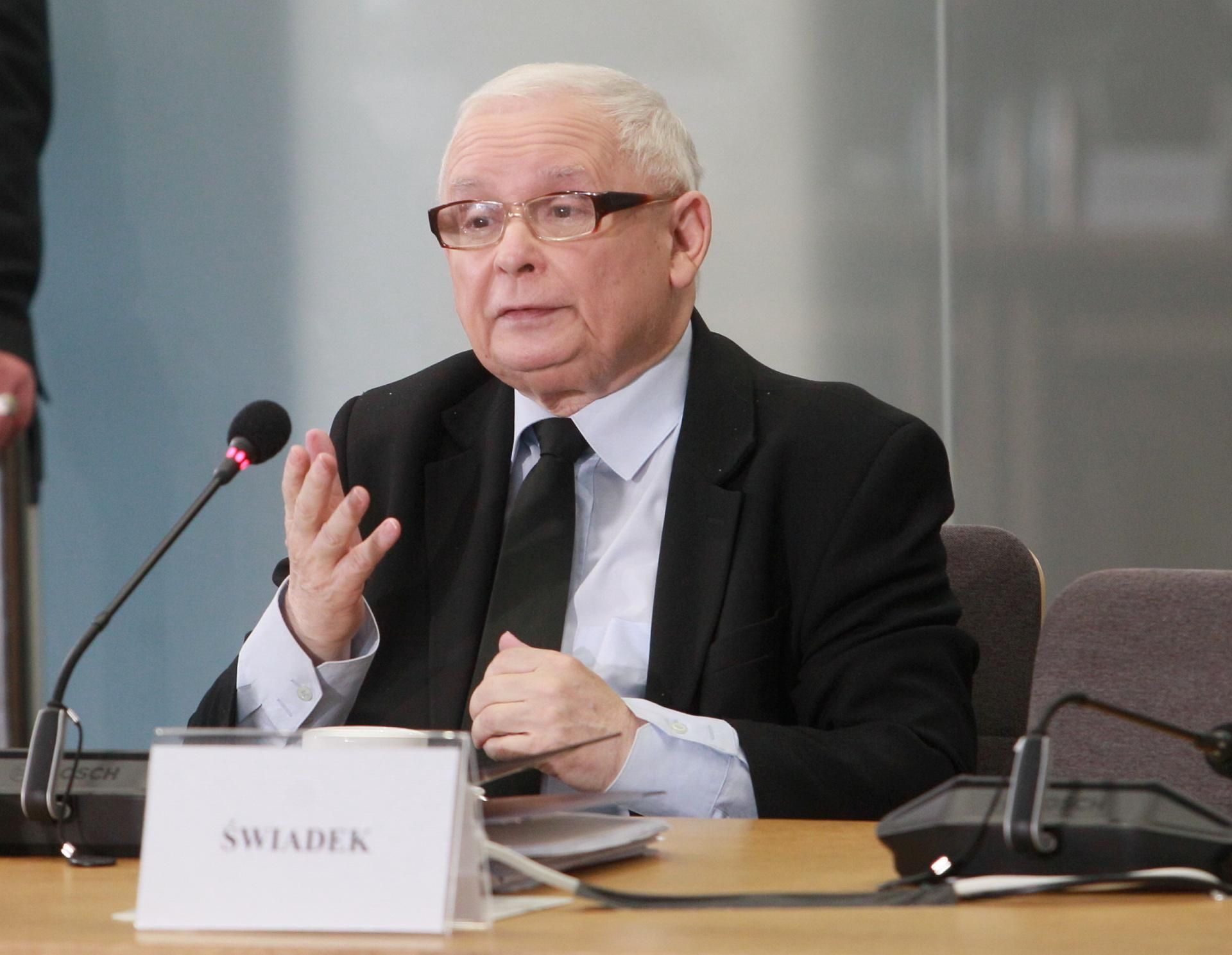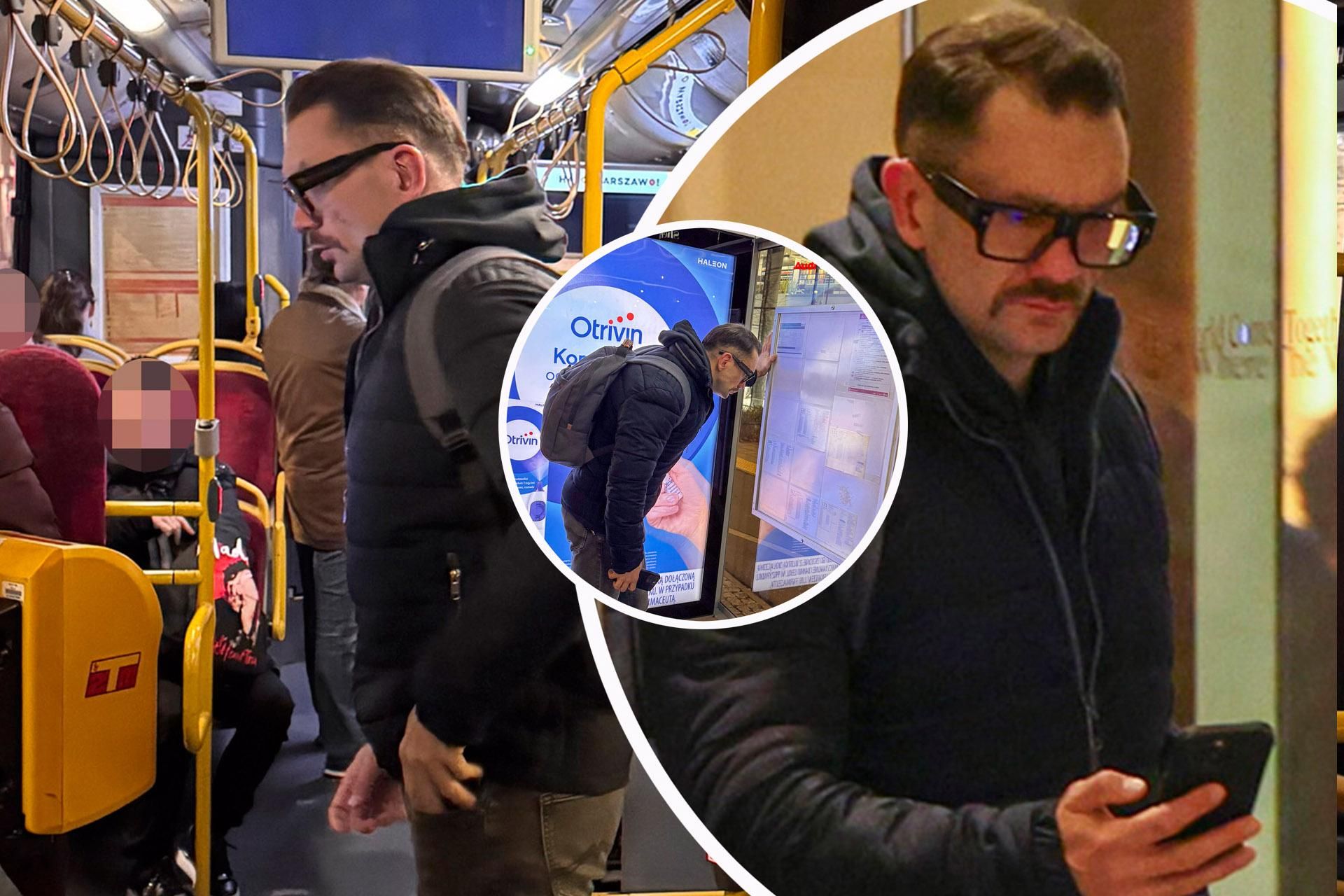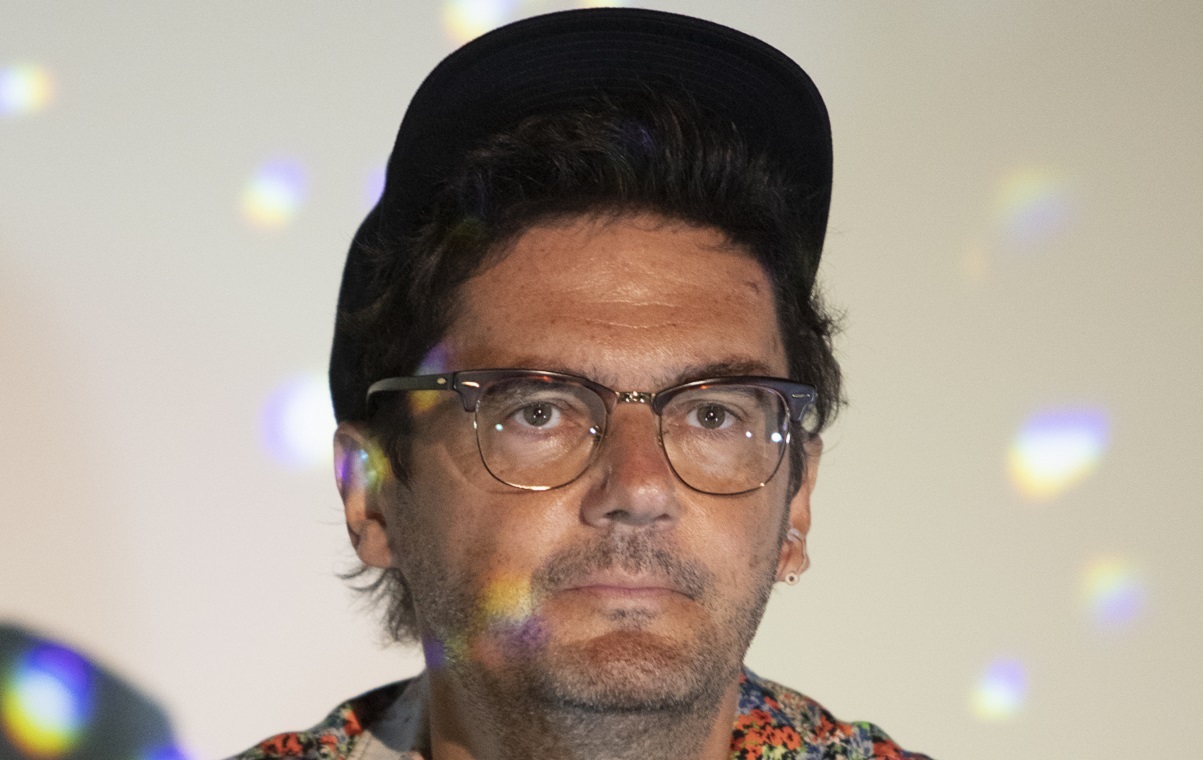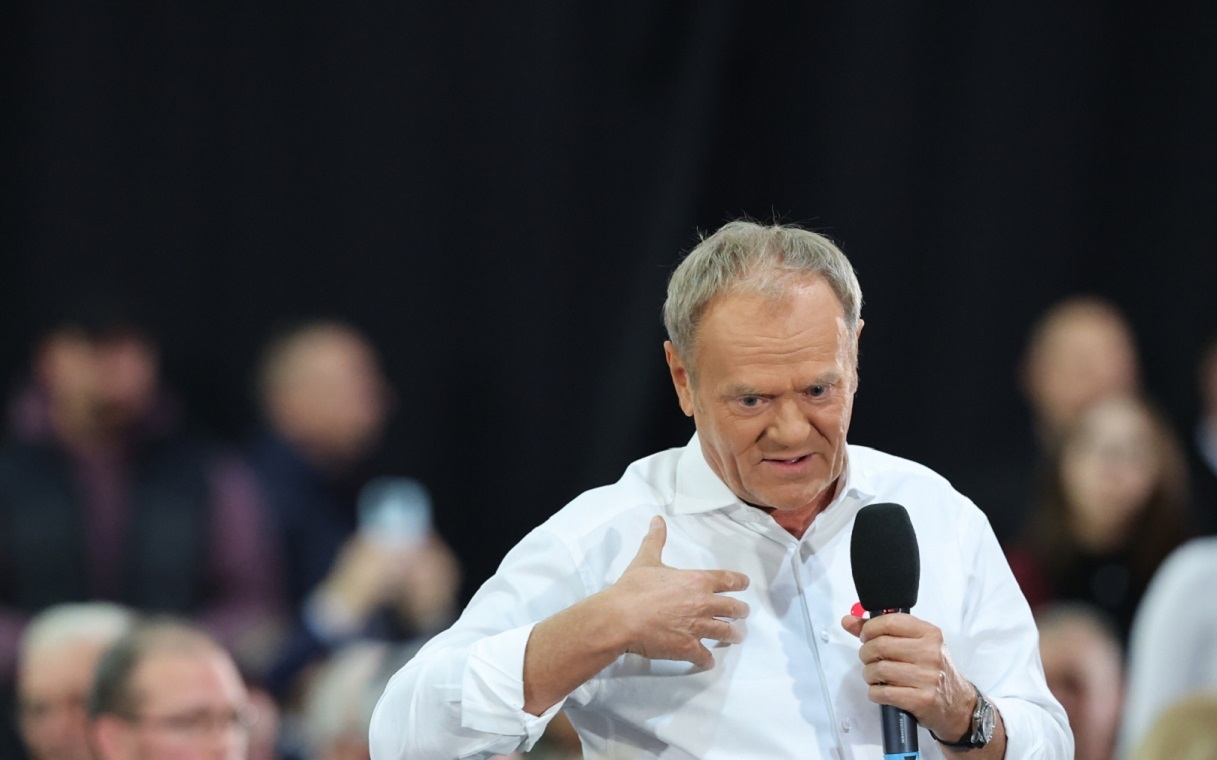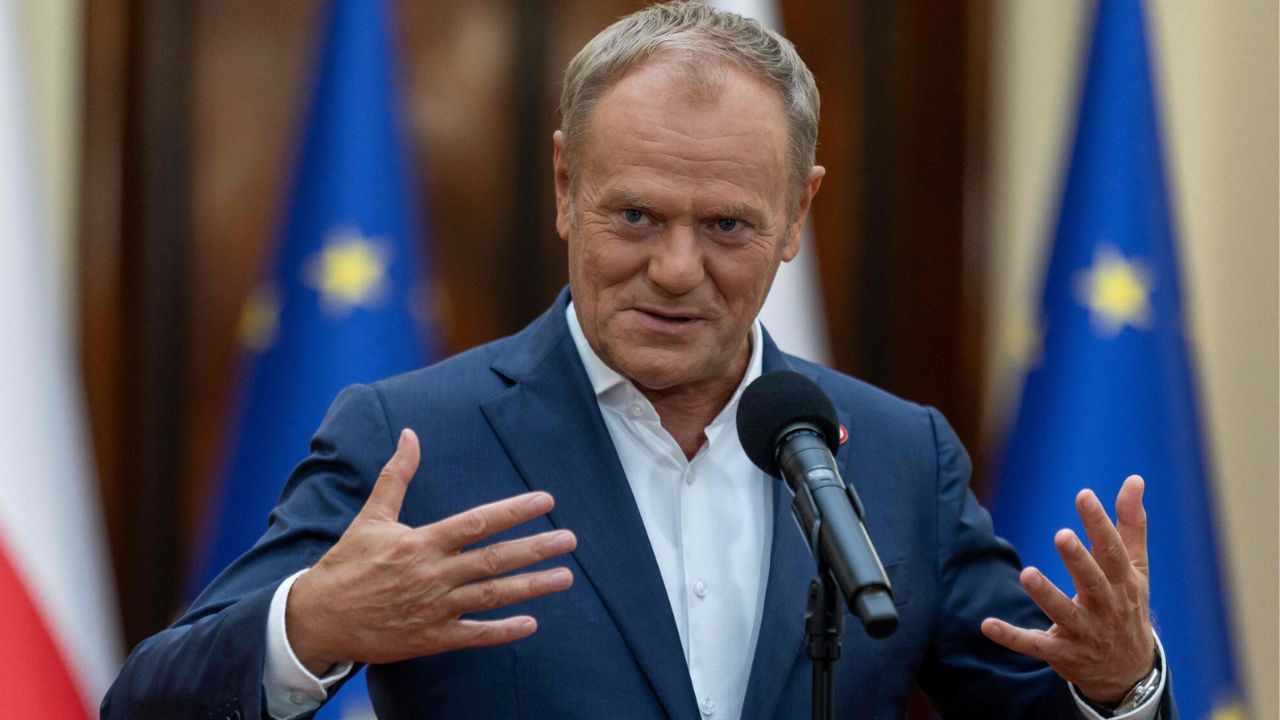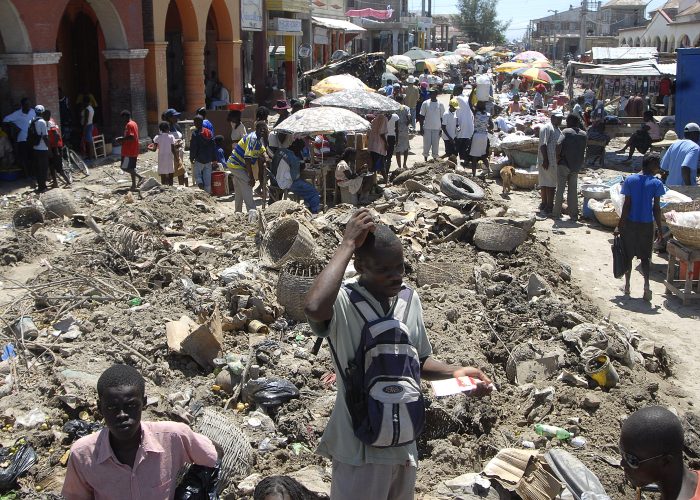 Haiti is 1 of the poorest countries in the planet // source: Roosevelt Pinheiro/ABr/Wikimedia Commons
Haiti is 1 of the poorest countries in the planet // source: Roosevelt Pinheiro/ABr/Wikimedia CommonsHaiti, the oldest independent state in the Caribbean, is in chaos. As of 2017, the election was unsuccessful. The country has been in crisis for years. Most of the capital's area, Port-au-Prince, is under the control of violent gangs. Transport networks have been interrupted and millions of Haitians are in danger of starvation. What has led Haiti to specified a bad situation, and is it possible to reconstruct stableness in this country?
A fresh political beginning took place in Haiti at the turn of April and May. On April 24, commonly hated by Haitians Prime Minister Ariel Henry, who had served as head of state since the assassination of Haiti's last president in 2021, resigned as head of government. He besides agreed to hand over power in a country formed with the support of the Caribbean Community associate States and the Joint marketplace (Caricom) to the Interim Council, which was obliged to elect a fresh Council of Ministers, Prime Minister and Election Commission to organise the first elections since 2017.
Country on the verge of collapse
To date, the Council has managed to appoint erstwhile Minister of Youth and athletics Fritz Belizire as Prime Minister. The Interim Council, which is an extra-systemic body criticised by part of Haitian civilian society for deficiency of democratic legitimacy, has a very hard task to face. Since 2018, the deep political and economical crisis, exacerbated by the COVID-19 pandemic and utmost corruption of local political elites, has led to complete paralysis of the country. There is no longer a individual who has an elected office whose ticket has not expired. Haiti's economy has completely collapsed. Since the assassination of Haiti's last President, Jovenel Moise on July 7, 2021, the Caribbean country has no head of state, and its duties have been carried out by erstwhile Prime Minister Henry, who proved completely incapable of holding presidential elections. For years, force on the streets of the capital Port-au-Prince turned into an armed rebellion of a gang alliance under the leadership of erstwhile policeman Jimmy ‘Babekyou’ Cherizier in February. Gangs drove out weakened and underfunded police forces from most areas of the capital, burning police stations and hundreds of private homes. Tens of thousands of people were forced to flee, and mobsters were able to free thousands of prisoners from prisons and prevented Prime Minister Henry from returning to the country in March and April from visiting Kenya abroad, where he agreed to send an global mission to aid Haitian police.
Structural challenges
Haiti's very hard situation is not an accident. Since the eradication and global designation of independency from France in 1825, this country has struggled with political instability and mediocre economical situation. Haiti's improvement did not favour France's reparations for the failure of ownership in Haiti, including slaves, as a consequence of the independency war there. Haiti was not able to repay it until 1947. For the last 2 100 years Haiti has been undergoing many periods of democratic regulation and authoritarian regimes, of which the Francois and Jean-Claude Duvalier dictatorship, who ruled it successively from 1957 to 1986, is peculiarly known outside the island. Following the overthrow of the Duvalier dictatorship, Haiti entered the 21st century as an unstable democracy plagued by the authoritarian impulses of politicians and a permanent threat of coup. An adverse interior situation worsened the 2010 tragic earthquake in which more than 100,000 people were killed. There are many countries in the planet plagued by akin problems, resulting from erstwhile colonialism, adverse natural conditions and political class weaknesses. However, since 2018 Haiti has been on its way to a complete breakdown.
Slice equal
In March 2018, Venezuela, plunged into its own social crisis, stopped shipping oil transports to Haiti, which had so far guaranteed comparatively low fuel prices. This resulted in a surge in prices, reinforced by the abolition by the Haitian Government of fuel subsidies in the same year. At the end of 2018, the first riots broke out, due to Haitian parliament's disclosure of corruption related to oil transport agreements from Venezuela and to public money fraud. The administration of president Jovenel Moise allowed police to usage force against protesters, resulting in 10 deaths. Since February 2019, protests and increasingly violent riots have spread across the country, and Haiti has not had a valid government since the same year due to a competency dispute between Parliament and president Moise. As a result, the country has lost access to most abroad aid. From 2019 to 2020, most of the state's bodies were protesting. The offices mostly ceased to function. Well-armed gangs making money from drug trafficking and ransom kidnapping began to grow. president Moise was losing his popularity but was not willing to give in, even in the face of the disastrous effects of the COVID-19 pandemic on the economy. On July 7, 2021, Moise was murdered by abroad mercenaries. So far, no 1 knows who hired them. Haiti has no president since then. The unpopular Prime Minister Ariel Henry, who tried unsuccessfully to organize elections, took over the actual power in the state. Already in 2022, he called for global assistance in the fight against increasingly powerful gangs. Between 2022 and 2023, the war of rival criminal organizations was exacerbated, primarily in the capital. any police officers started joining criminals.
In 2023 the word of office of the last democratically elected politicians ended. Henry yet obtained the approval of the UN safety Council in October last year to organise the intervention of police forces of selected Caribbean and African states in his country. However, this did not make the Prime Minister popular, as the Haitians did not forget the negative effects of the U.S. business of their country from 1915 to 1934 and the U.S. military intervention and their allies from 1994 to 1995 and the UN stabilisation mission from 2004 to 2017. Meanwhile, the gangs stopped fighting each other, and in February of that year organized armed action against Haitian police and civilians began. On February 29, during Henry's visit to Kenya, the gangs launched a series of attacks on Port-au-Prince airport. In early March, most abroad diplomatic representations were evacuated. On 12 March, Henry decided to resign from power to the Interim Council as a consequence of negotiations conducted by Caricom, which took place on 25 April.
The situation in Haiti is presently very unstable. The Interim Council, with the assistance of neighbouring countries, including the US, is preparing to adopt abroad police forces to control the situation in the country before organising fresh elections. However, no funds are presently provided to finance intervention. It is besides unclear whether abroad forces will be strong adequate to defeat well-armed gangs. Ending force in the streets and holding free elections are the priorities of the Council and Caricomu. It is far besides early to find how the fresh Haitian authorities and the global community intend to overcome the country's structural problems, namely poverty, corruption and the deficiency of prospects. The oldest Caribbean country has 2 roads ahead of it. It can either start a tedious restoration or undergo complete anarchy. It remains to be hoped that Haiti will emergence from the current chaos and enter the way of reconstruction.
Oskar KMAK

